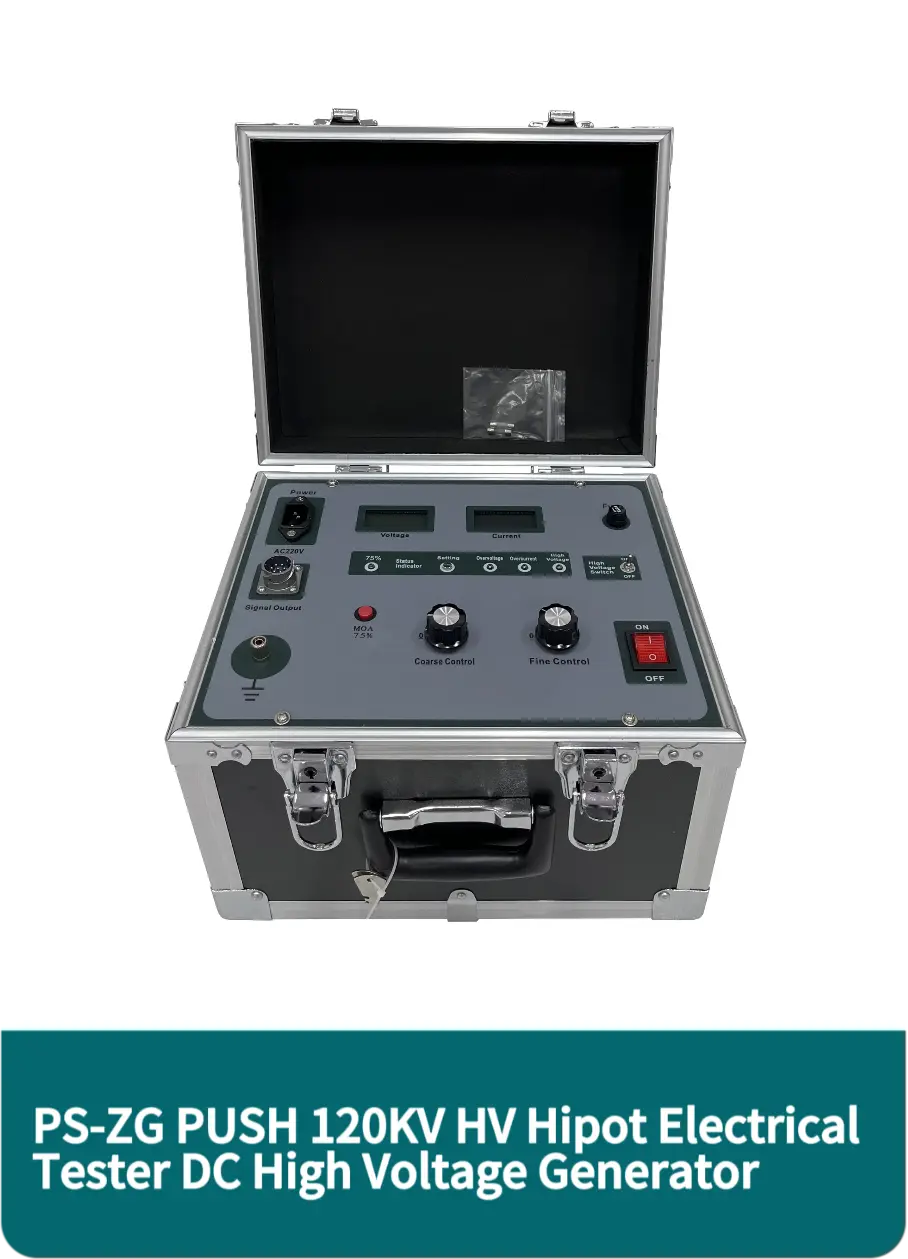 English
English



-
 Afrikaans
Afrikaans -
 Albanian
Albanian -
 Amharic
Amharic -
 Arabic
Arabic -
 Armenian
Armenian -
 Azerbaijani
Azerbaijani -
 Basque
Basque -
 Belarusian
Belarusian -
 Bengali
Bengali -
 Bosnian
Bosnian -
 Bulgarian
Bulgarian -
 Catalan
Catalan -
 Cebuano
Cebuano -
 China
China -
 China (Taiwan)
China (Taiwan) -
 Corsican
Corsican -
 Croatian
Croatian -
 Czech
Czech -
 Danish
Danish -
 Dutch
Dutch -
 English
English -
 Esperanto
Esperanto -
 Estonian
Estonian -
 Finnish
Finnish -
 French
French -
 Frisian
Frisian -
 Galician
Galician -
 Georgian
Georgian -
 German
German -
 Greek
Greek -
 Gujarati
Gujarati -
 Haitian Creole
Haitian Creole -
 hausa
hausa -
 hawaiian
hawaiian -
 Hebrew
Hebrew -
 Hindi
Hindi -
 Miao
Miao -
 Hungarian
Hungarian -
 Icelandic
Icelandic -
 igbo
igbo -
 Indonesian
Indonesian -
 irish
irish -
 Italian
Italian -
 Japanese
Japanese -
 Javanese
Javanese -
 Kannada
Kannada -
 kazakh
kazakh -
 Khmer
Khmer -
 Rwandese
Rwandese -
 Korean
Korean -
 Kurdish
Kurdish -
 Kyrgyz
Kyrgyz -
 Lao
Lao -
 Latin
Latin -
 Latvian
Latvian -
 Lithuanian
Lithuanian -
 Luxembourgish
Luxembourgish -
 Macedonian
Macedonian -
 Malgashi
Malgashi -
 Malay
Malay -
 Malayalam
Malayalam -
 Maltese
Maltese -
 Maori
Maori -
 Marathi
Marathi -
 Mongolian
Mongolian -
 Myanmar
Myanmar -
 Nepali
Nepali -
 Norwegian
Norwegian -
 Norwegian
Norwegian -
 Occitan
Occitan -
 Pashto
Pashto -
 Persian
Persian -
 Polish
Polish -
 Portuguese
Portuguese -
 Punjabi
Punjabi -
 Romanian
Romanian -
 Russian
Russian -
 Samoan
Samoan -
 Scottish Gaelic
Scottish Gaelic -
 Serbian
Serbian -
 Sesotho
Sesotho -
 Shona
Shona -
 Sindhi
Sindhi -
 Sinhala
Sinhala -
 Slovak
Slovak -
 Slovenian
Slovenian -
 Somali
Somali -
 Spanish
Spanish -
 Sundanese
Sundanese -
 Swahili
Swahili -
 Swedish
Swedish -
 Tagalog
Tagalog -
 Tajik
Tajik -
 Tamil
Tamil -
 Tatar
Tatar -
 Telugu
Telugu -
 Thai
Thai -
 Turkish
Turkish -
 Turkmen
Turkmen -
 Ukrainian
Ukrainian -
 Urdu
Urdu -
 Uighur
Uighur -
 Uzbek
Uzbek -
 Vietnamese
Vietnamese -
 Welsh
Welsh -
 Bantu
Bantu -
 Yiddish
Yiddish -
 Yoruba
Yoruba -
 Zulu
Zulu
insulation resistance test equipment
Understanding Insulation Resistance Test Equipment
Insulation resistance testing is a critical aspect of electrical maintenance and safety protocols in various industries. The primary objective of this testing is to assess the integrity of electrical insulation in equipment, cables, and systems. The results of these tests help ensure that electrical systems function safely and efficiently, minimizing the risk of failures or harmful incidents. To perform these tests, one needs the appropriate insulation resistance test equipment.
What is Insulation Resistance?
Insulation resistance refers to the ability of an insulating material to resist the flow of electrical current. High insulation resistance indicates that the insulation barrier is intact and functioning correctly, while low insulation resistance can signal potential faults, such as deterioration, moisture ingress, or physical damage to the insulation.
Importance of Insulation Resistance Testing
Performing insulation resistance tests is pivotal for diagnosing issues before they lead to catastrophic failures. Regular testing helps to identify weakening insulation in motors, transformers, switchgear, and other electrical equipment. By discovering potential problems early, maintenance teams can take corrective action, thereby extending equipment life, ensuring optimal performance, and enhancing safety.
Types of Insulation Resistance Test Equipment
Insulation resistance test equipment typically comes in several forms, each designed to meet the specific needs of different applications. The most common types include
insulation resistance test equipment

1. Insulation Resistance Testers These handheld devices, often referred to as megohmmeters, apply a high DC voltage to the insulation and measure the resistance (in ohms or megohms). They are essential for evaluating insulation in wires, motors, and other electrical components. Most models come with adjustable test voltages, allowing users to test a variety of devices according to their voltage ratings.
2. Multi-function Testers Combining several testing functions into one device, multi-function testers can perform insulation resistance tests alongside other measurements, such as continuity, earth resistance, and loop impedance. This versatility can save time and improve the efficiency of inspections.
3. Advanced Insulation Resistance Testers These sophisticated devices often feature advanced functionalities, including automatic data logging, graphical display, and connectivity options (such as Bluetooth or USB) for easy data transfer to computers or mobile devices for analysis and reporting. They are particularly useful in large-scale electrical maintenance operations.
Choosing the Right Equipment
When selecting insulation resistance test equipment, practitioners should consider several factors, including the voltage levels of the systems being tested, the environment in which tests will be conducted, and the specific testing standards that must be adhered to. Additionally, the ease of use, durability, and support for software integration are also vital considerations.
Conclusion
Insulation resistance test equipment serves as a fundamental tool in ensuring electrical safety and reliability across various sectors. By employing the right equipment and conducting regular tests, organizations can proactively manage the health of their electrical systems, minimize the risk of accidents, and ensure compliance with industry regulations. As technology evolves, the efficiency and accuracy of insulation testing are likely to improve, further enhancing safety standards in electrical maintenance practices.
-
Testing Equipment Industry Sees Major Advancements in 2025: Smart & Precision Technologies Lead the WayNewsJun.06,2025
-
Applications of Direct Current Generators in Renewable Energy SystemsNewsJun.05,2025
-
Hipot Tester Calibration and Accuracy GuidelinesNewsJun.05,2025
-
Digital Circuit Breaker Analyzer Features and BenefitsNewsJun.05,2025
-
Benefits of Real-Time Power Quality Monitoring Devices for Industrial EfficiencyNewsJun.05,2025
-
Earth Fault Loop Testing in High-Rise Building Electrical SystemsNewsJun.05,2025



